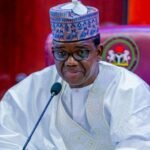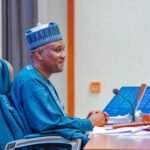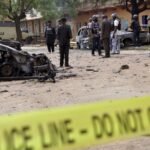The 1991 Population Census in Nigeria was a highly controversial event, as it was marred by allegations of fraud, irregularities, and political manipulation. The census was conducted during the military regime of General Ibrahim Babangida, who was in power from 1985 to 1993.
The 1991 census was highly politicized, with various political and ethnic groups accusing each other of manipulating the results for their own gain. Some groups alleged that the census figures were inflated in certain regions to give them a larger share of government resources and political power, while others claimed that the figures were manipulated to minimize the population of certain regions.
In response to the controversies surrounding the 1991 census, the government of General Sani Abacha, who took over from Babangida in 1993, ordered a new census to be conducted. However, the 1993 census was also marred by controversy and allegations of fraud and political manipulation.
Some of the major controversies surrounding the 1993 census included claims that census officials were biased towards certain regions, that some communities were excluded from the census, and that the final figures were inflated in certain areas. There were also allegations of violence and intimidation during the census process.
The controversies surrounding the 1993 census led to a loss of confidence in the accuracy and credibility of census figures in Nigeria. This has had significant implications for government resource allocation, political representation, and planning and development in the country. To date, there have been calls for a more transparent and credible census process in Nigeria, but these issues remain unresolved.However, the 1991 census, which was carefully conducted, came up with only 87.5 million, whereas according to the World Bank the number should have exceeded 120 million. The discrepancy of 30 million provoked strong reaction among politicians in the country







